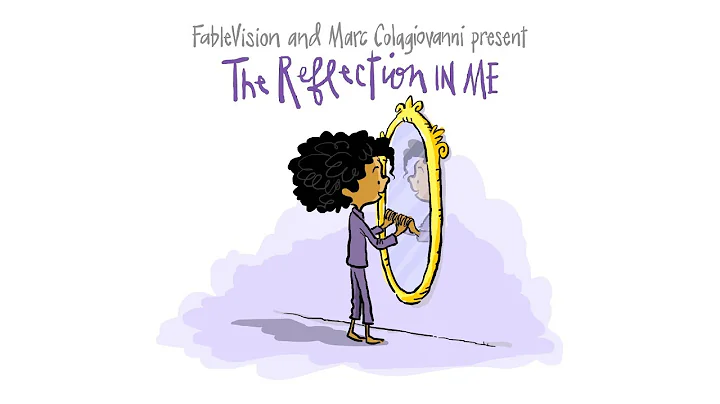
refers to voluntarily delaying or giving up smaller gratifications for the sake of long-term, greater benefits. Small experiments on self-control, judgment, and self-confidence in childhood can predict the effects of his personality when he grows up.
candy experiment: Professor Saler said to a group of 4-year-old children: "Put 2 pieces of candy on the table. If you can persist for 20 minutes, when I come back from shopping, I will give you these two pieces of candy. But if you can't After waiting for so long, you can only get one piece, and you can get one now!" This is a difficult choice for a 4-year-old child - the child wants to get 2 pieces of candy, but he doesn't want to wait for 20 minutes for it; And if you want to eat it immediately, you can only eat one piece.
experimental results: The children of
2/3 chose to wait 20 minutes to get 2 pieces of candy. 1/3 of the children chose to eat just one piece of candy. As soon as the experimenter left, they stuffed the piece of candy into their mouths within 1 second. After 12 years of tracking, all children who survive 20 minutes (already 16 years old) have strong self-control ability, self-confidence, confidence, strong problem-solving ability, strength, and willingness to accept challenges; and those who choose to eat 1 Children with lump sugar (also 16 years old) are hesitant, suspicious, jealous, neurotic, trouble-loving, willful, unable to withstand setbacks, and have easily hurt self-esteem. In subsequent decades of follow-up observation, it has also been proven that children who wait patiently to eat two pieces of candy are more likely to succeed in their careers.
Experiments have proved:
There are certain differences in self-control ability between people. Self-control ability is when an individual can appropriately control and regulate his own behavior, suppress impulses, and resist temptation without external supervision. Delayed gratification is a comprehensive ability to persist in ensuring goal achievement.
Of course, who doesn’t enjoy “instant gratification”?
Even those children who got two pieces of candy are still struggling with the most natural desires in their hearts. Is it really true that choosing "enjoyment" will lead to a bad life, and choosing "patience" will make you superior to others? of course not! ! What the Candy Experiment really tests is loyalty to the "greater benefit goal" (two pieces of candy), and "loyalty" means the trust and sacrifice one is willing to make before getting actual benefits. This is undoubtedly putting yourself in a predicament where you may lose money or be fooled in vain. It is both a risky investment and a kind of romanticism. It is precisely because of being in this kind of self-inflicted predicament that these children are more likely to develop a tough mind and the wisdom to get out of trouble. Once they overcome the test, they will become more fearless and dream bigger. Instead of lowering your head to sort out the gains and losses of the moment.
Therefore, it is not that "children who are accustomed to instant gratification are worse, but that children who are willing to accept "delayed gratification" are more poetic under adversity and setbacks." This not only means the size of the pattern, but also explains the existence of faith. none.





















